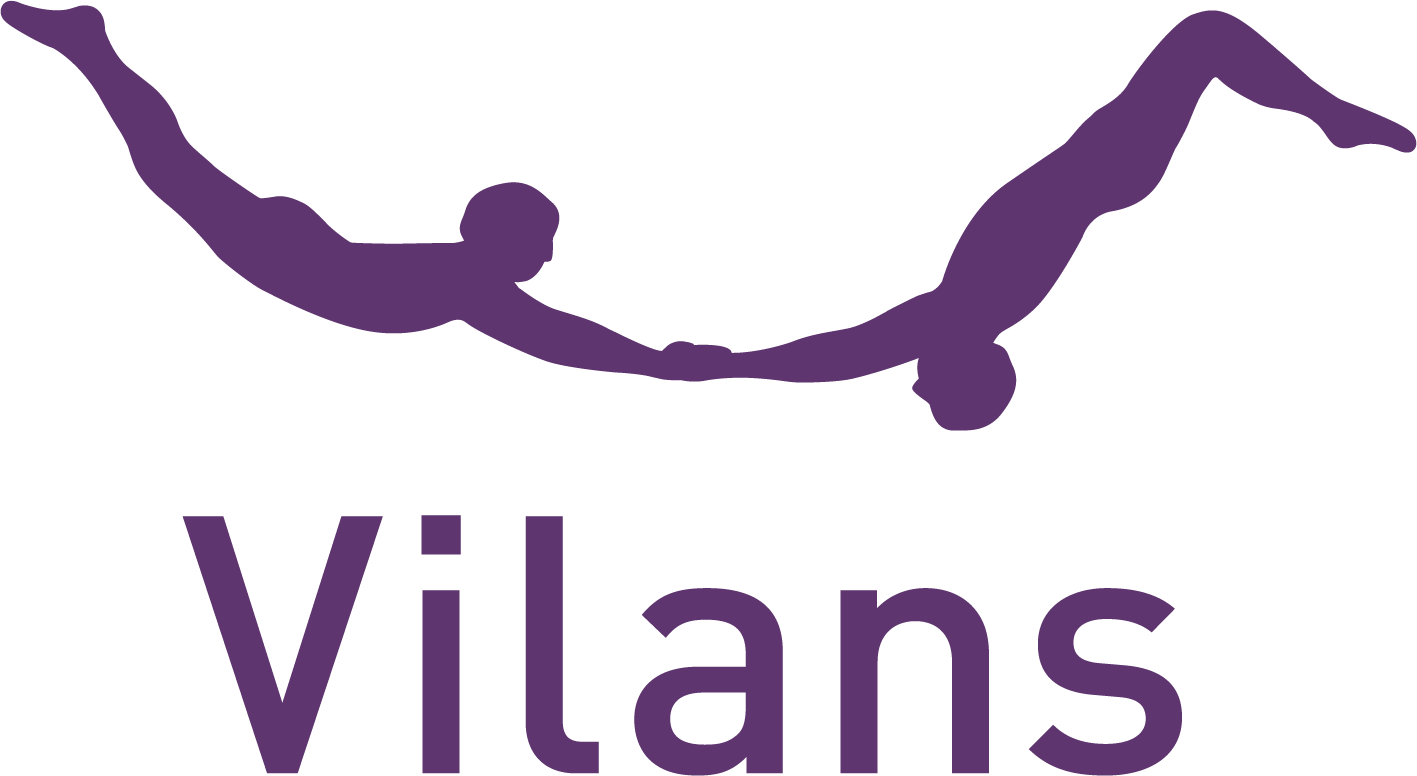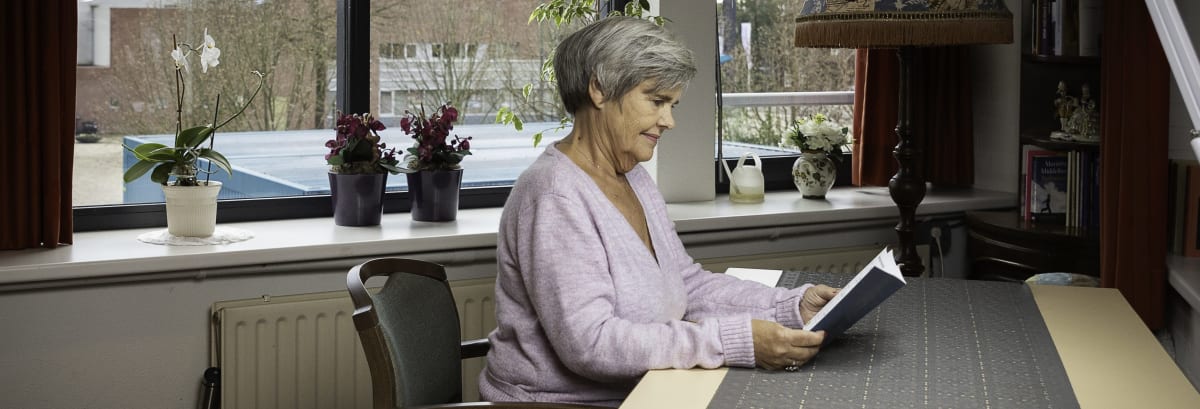Improving and supporting quality of care in Dutch nursing homes: a quantitative study
Authors: Bellis van den Berg, Marrit B. Zuure, Paulien Vermunt, Mariëlle Zondervan-Zwijnenburg & Mirella Minkman
Bellis van den Berg, monitoring and impact expert at Vilans evaluated the nationwide 'Dignity and Pride at every Facility' (D&PF) program in close collaboration with her colleagues. D&PF is a Dutch national improvement program aimed at helping nursing homes to raise their quality of care through structured evaluation, coaching and team development. In this quantitative study, a total of 331 facilities participated, each completing a quality scan based on the national quality framework for nursing home care launched in 2017 which outlines eight themes as illustrated in the figure above.
Following the quality scan, some nursing homes received tailored support from external coaches. After 9 to 24 months, follow-up assessments showed statistically significant improvements across all quality themes, with the most progress in organizations that received external coaching. The analysis also found strong links between internal organizational conditions - like staff responsiveness and a supportive learning culture - and outcomes such as person-centered care, safety, and resident well-being. The findings underscore the need to invest not only in local improvements but also in supportive conditions such as team capacity and reflective leadership.
Conceptualizing the learning organization in nursing homes: a scoping review
Authors: Claríska van Biessum, Bellis van den Berg, Kim van Erp, Paulien Vermunt, Johannes Ket, Henk Nies & Bianca Beersma
Clariska van Biessum, a PhD candidate and researcher at Vilans conducted together with her colleagues a scoping review on how the concept of a 'learning organization' applies to nursing homes. Fourteen international studies were analysed to identify how continuous learning is conceptualized, organized, and applied in residential elderly care.
The review reveals six recurring elements across the literature:
- individual and team learning
- interpersonal competence
- leadership
- an adaptive culture
- knowledge development
- systems thinking
However, few studies offered a clear operational definition or context-specific application for nursing homes. The authors argue that developing a practical, context-aware model of learning organizations could support care homes in addressing workforce development and ongoing care complexity.


